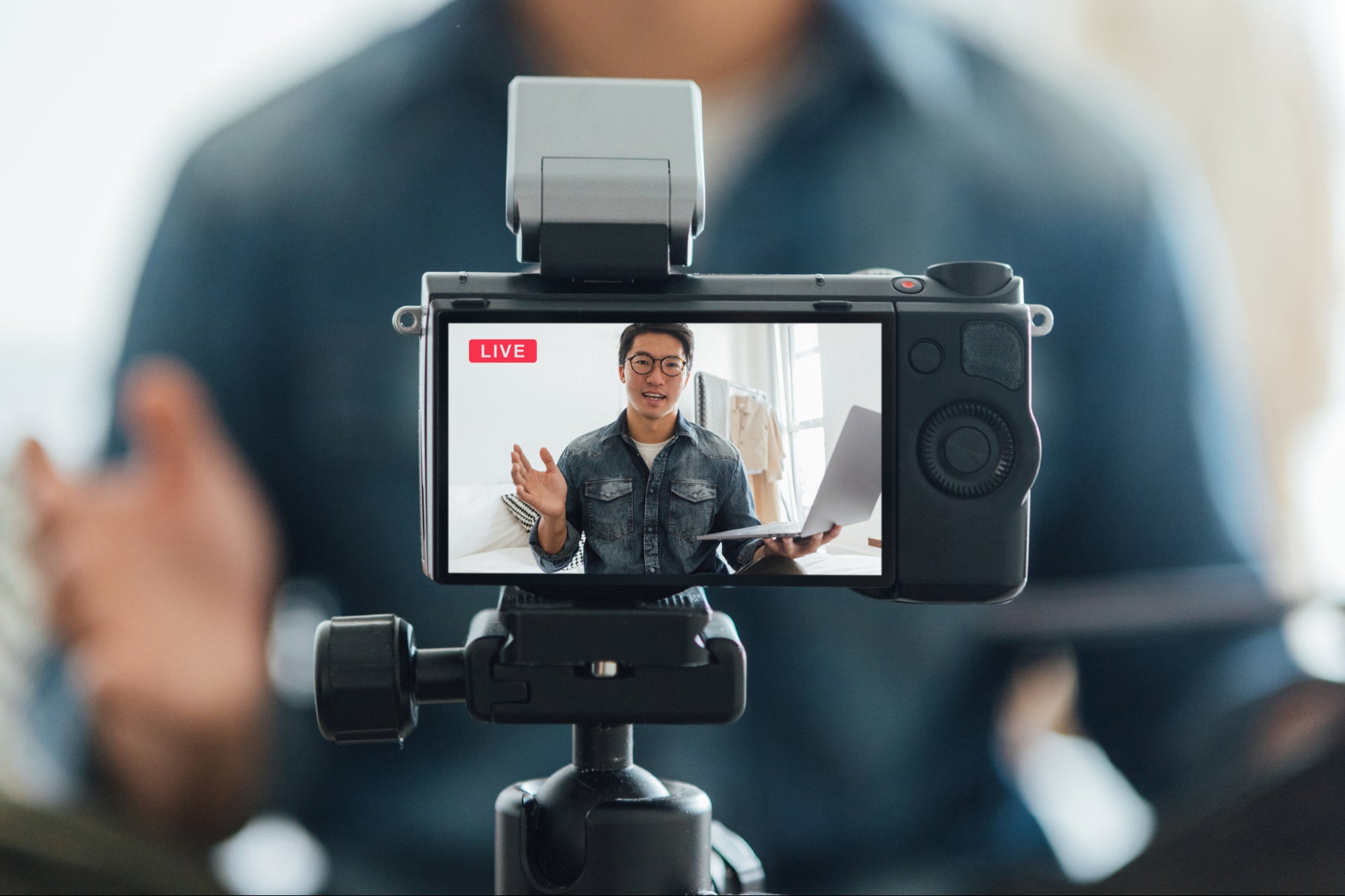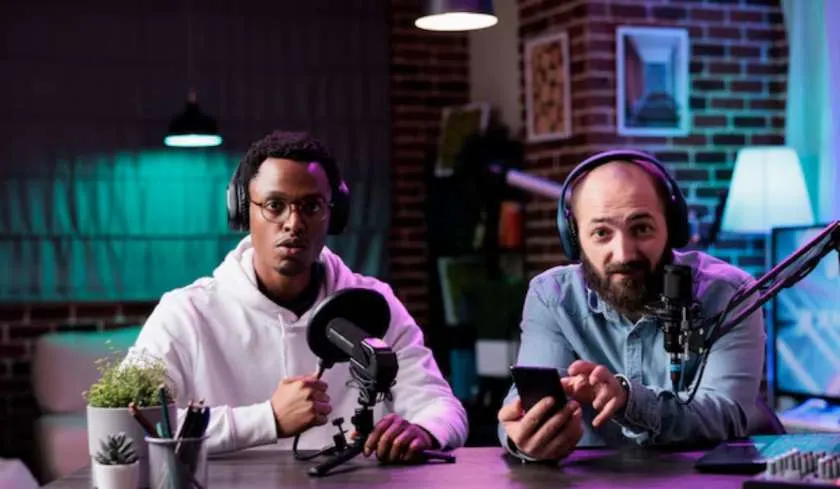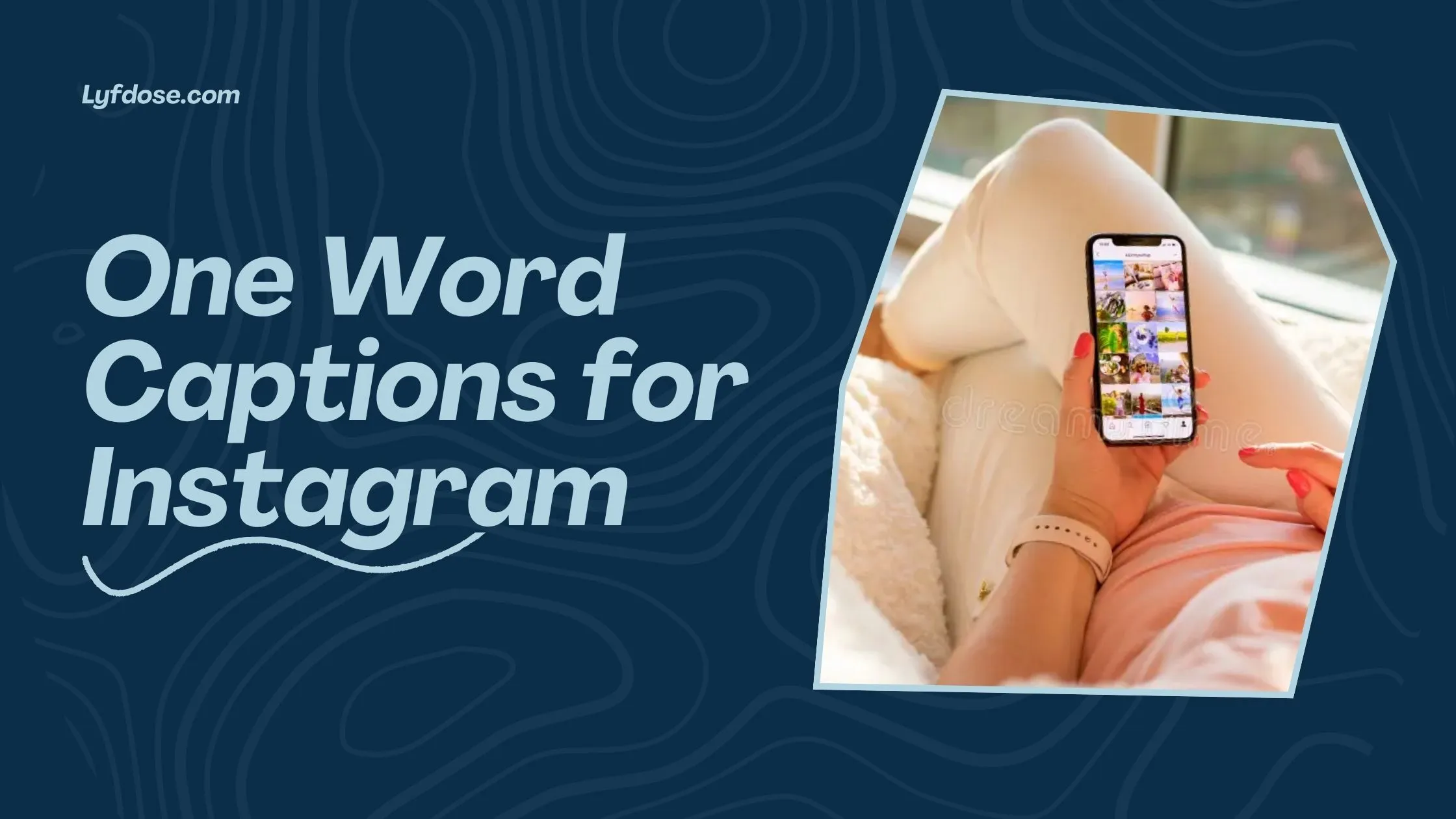7 min read
Opinions expressed by Entrepreneur contributors are their own.
As we all spend more time glued to our phones and computers, video is becoming an even more important medium for advertisers to reach consumers. More than half of consumers globally cited video as the type of content that they want to see from the brands and businesses they support.
That’s great news for brands, because creating a compelling video ad is accessible to even the smallest, scrappiest startups.
I know what you’re thinking. Who am I — the head of an agency that once rolled two cars off a cliff for a FiberFix ad — to talk about making an ad on the cheap? The truth is, it’s not about how much money you spend, it’s about doing the important work up front to ensure you use your marketing dollars in the most efficient way possible.
Although having a sizable production budget can make it easier to create powerful video advertisements, it’s also possible to create compelling, shareable videos that get your message across — and get tangible results — without spending a fortune. Bonus: Working with a tight budget can actually help you get more creative. We believe so much in that idea, that we offer one-on-one coaching teaching entrepreneurs to do just that.
Here's what we tell them:
The foundation
No matter how much you spend, the key to a successful video is a good script. You can’t have a good ad with a bad script. And a great script starts with an attention-grabbing hook. A hook is the start of your video that captures attention, sets the scene for your ad and makes people want to keep watching. You want something that clearly explains the problem that your product solves. If your product solves more than one problem—pick one, then stick to that problem. The clearer and more simple your message, the better.
Most products or services solve a number of problems, so if you can only pick one, what should you pick? To answer that question, spend time on research. Dive into your competitors, your current and past customers, ask prospective customers, look at reviews, gather all the data you can to find out which problem matters most to your audience. Take to the streets if you must. Don't guess. If you get it wrong, it could cost you the entire campaign.
Related: 7 Secrets for a Successful Video Marketing Strategy
Keep the script short and as focused as possible (longer scripts cost more to produce). If you can’t afford professional writers, be sure to test the script on a few friends or coworkers, especially those you know will provide honest feedback, to see if it resonates with them.
Make sure that the hook (and the rest of the video) uses subtitles. One way to verify the importance of subtitles is to watch your video on mute,and make sure it's engaging and easy to follow all the way through. Remember that around 80 percent of videos auto play on social media muted, so you’ll need to grab the scroller’s attention without sound. End with a call-to-action that directs viewers to your product or service’s landing page.
Spend some time “ad hacking” your competitors by searching Facebook’s ad library to see which ads they’ve used successfully. How will you know? The longer an ad runs, the more likely that it’s performing well for the company.
Where to cut expenses
The easiest way to minimize the overall cost of your shoot is to do it all in one location. Time is money, and the shorter your shoot, the better. Keeping your shoot down to one location cuts down on rental fees and the number of hours or days that you need to pay people to help or for hired talent. A successful one-day shoot requires two things: upfront planning (using a simple shot list), so that you make efficient use of your time, and a solid, short script (see the basics above).
You can also save by skipping expensive camera equipment rentals. The camera on the newest smartphones is completely sufficient to shoot a video, with the help of some relatively inexpensive apps.
Related: 5 Low-Cost Ways to Get Started with Video Marketing
Ideally, you’ll use simple studio lights to create “three-point lighting“ (search YouTube for some quick tutorials), which is one of the least expensive and most effective ways to create a professional-looking video. If you don’t have the budget to buy or rent professional lighting equipment, a great cheap hack is to film in a room with large, open northern-facing windows. The ambient light from the sun will filter in and bounce off the walls for an effect that’s less harsh than direct sunlight.
Where to invest
Strategically spending on a few key areas (namely good quality audio and talent) will leave you with a finished product that feels far more expensive than it really is. Poor quality audio can give a video an unprofessional feel and make editing more difficult, so it’s worth making this investment before you start shooting. For example, you can buy a somewhat inexpensive lavaliere microphone (less than $50 for a decent model), which will make your audio sound worlds better than your internal camera mic.
Depending on your level of experience it may also be worth spending the money to pay for an actor and a camera person. Although it might be tempting to have your CEO or other executive serve as your spokesperson, the polished delivery of a professional, trained actor can enhance your message and will almost certainly better connect with your viewers. Trim the cost by being efficient in your shooting, so that the actor only has to be on set (and paid) for a few hours. Then you can shoot B-roll and other shots after they’ve left.
Although you don’t have to use a professional camera person, having someone who knows what they’re doing can give you way more options when it comes to editing. If you’re not comfortable or experienced behind the camera, paying a few hundred dollars to a film student for the day will make your job much easier.
Finally, you’ll want to spend time and money to run test ad campaigns on your paid social platform of choice (like Facebook or YouTube) before you do your final launch. By testing the performance of each element — the hook, headline, body copy, the call-to-action and the thumbnail — you’ll know the combination that will get you the best results. Then, you can build campaigns to run your ads with larger budgets and with confidence that you’re spending on the messaging and creative that will deliver the best results.
Everyone — even large, well-funded companies and agencies — wishes they had larger budgets to work with. But by investing in a few key areas and cutting back on others, you should be able to stretch your budget further than you originally thought. We’ve seen over and over again that the right video can change your business and take your brand from obscurity to a household name. There’s no reason that the size of your budget, whatever it is, should hold you back from launching a quality video advertising campaign that produces a positive return on your investment.







